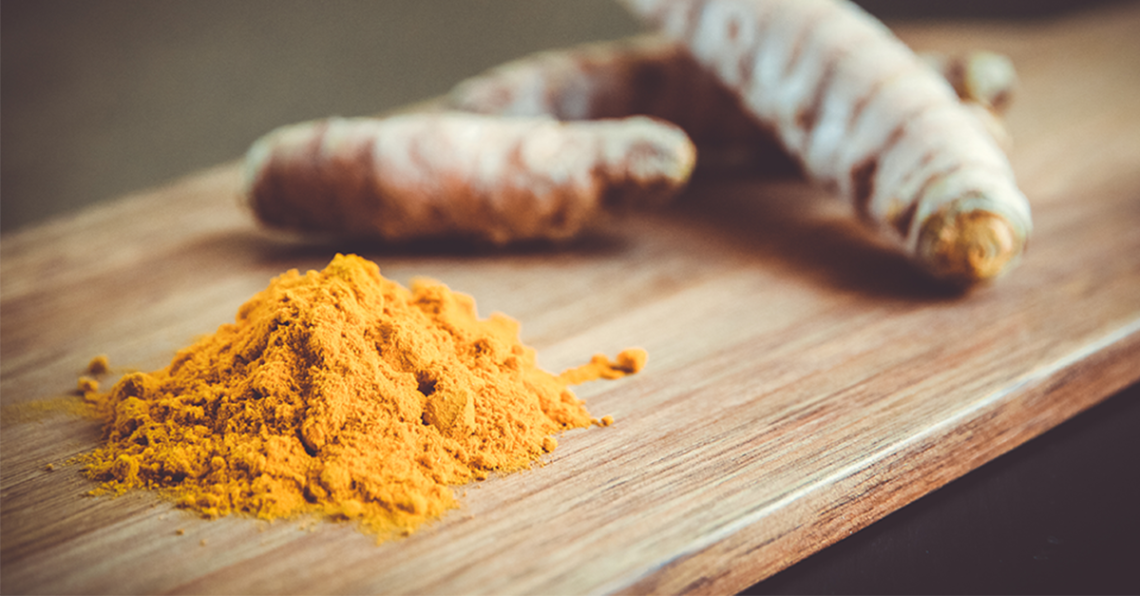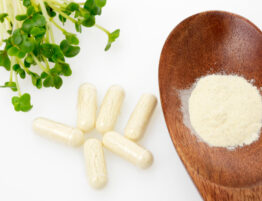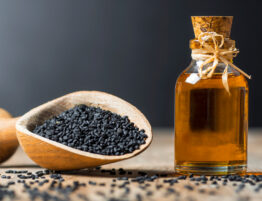
Curcumin is one of the most active curcuminoid compounds found in turmeric. A bioactive substance, it is known to have medicinal properties and is renowned for its ability to inhibit and fight inflammation at a molecular level.
Why Does Curcumin Help in the fight against cancer:
Curcumin activates a self-destructive mechanism in cancer cells and also inhibits their growth by damaging the genetic material (DNA) of cancer cells. Curcumin also prevents cell division. Some chemotherapies work better when given in combination with Curcumin. Curcumin also has positive effects in combination with radiation therapy. Cancer cells become more radio-sensitive when treated with Curcumin.
How is Curcumin Administered:
The curcumin content of turmeric is only around 3% and as a result, is poorly absorbed into the bloodstream. Taking turmeric as a spice or in a tea is not an effective way to reap the health benefits of curcumin. When taken intravenously, 100% curcumin will be 100% absorbed into your blood and body where it can work its magic. And, rest assured, it won’t turn your skin yellow!
Many studies show the positive healing effects of curcumin – 3 examples of these studies can be found below:
- A study carried out by Julie S Jurenka, reported that “Based on early cell culture and animal research, clinical trials indicate curcumin may have potential as a therapeutic agent in diseases such as inflammatory bowel disease, pancreatitis, arthritis, and chronic anterior uveitis, as well as certain types of cancer.”
- Another study looking at the Efficacy of curcumin in the management of chronic anterior uveitis found that patients suffering from this condition could benefit from taking oral doses of Curcumin.
- The final study, which looked at anti-inflammatory agents, had results that indicated “that aspirin and ibuprofen are least potent, while resveratrol, curcumin, celecoxib, and tamoxifen are the most potent anti-inflammatory and antiproliferative agents of those we studied”.






